
An Excerpt from “Merging America with the World,” in Who Are We? The Challenges to America’s National Identity
By Samuel P. Huntington, PhD
In this excerpt from Who Are We? The Challenges to America’s National Identity, a former Harvard University political scientist discusses diasporas, how they are exploited by their home countries, and how they affect U.S. foreign policy.
Published: Military Review, March-April 2018, page 24
Download the PDF 
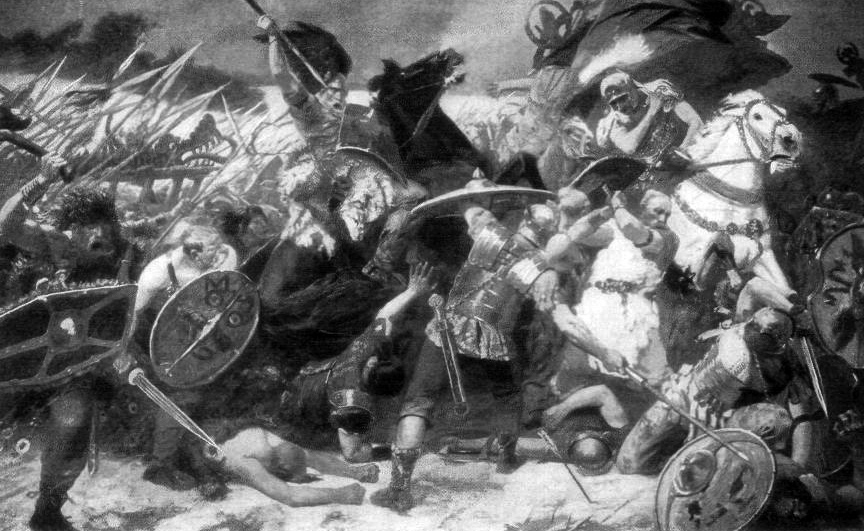
Why We Are Losing Our Wars
Michael Vlahos
Our enemies understand that “it is in the living of war’s mythic passage that identity will be truly realized.” We, for our part, blunder blindly on, fitting ourselves to their Manichean narrative.
Published in the November-December 2007 Edition of Military Review, p 2.
Download the PDF 
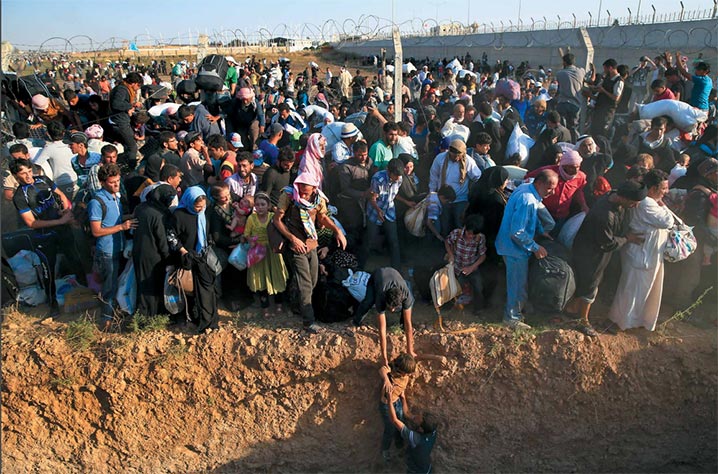
Dr. Kelly M. Greenhill
A Tufts University professor of political science, Harvard research fellow, and award-winning author provides an analysis of coercive engineered migrations, based on her book Weapons of Mass Migration: Forced Displacement, Coercion, and Foreign Policy.
Published in the November-December 2016 Edition of Military Review, p 23.
Download the PDF 
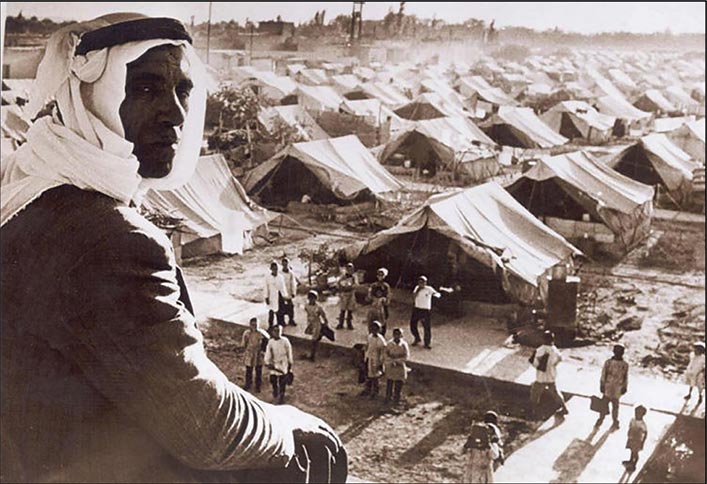
By Capt. Walter C. Haynes, U.S. Army
The influx of refugees caused by the Syrian Civil War could destabilize Jordan, an important U.S. ally in the Middle East, through a deterioration of that country’s national identity. The author provides context for the current crisis by examining a similar refugee flow of Palestinians during the 1940s and 1950s and discusses several possible outcomes.
Published in the January-February 2016 Edition of Military Review, p 45.
Download the PDF 
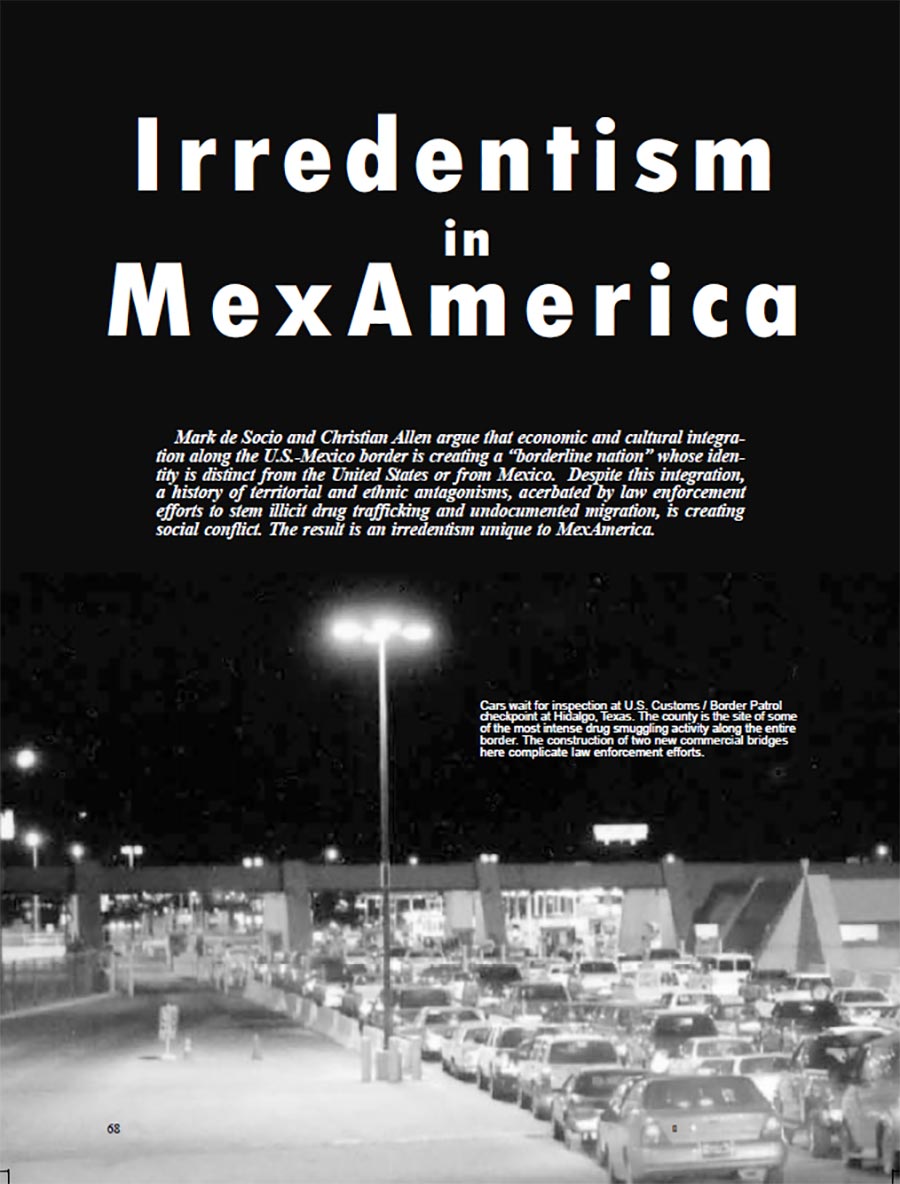
By Mark de Socio
Christian Allen
Mark de Socio and Christian Allen argue that economic and cultural integration along the U.S.-Mexico border is creating a “borderline nation” whose identity is distinct from the United States or from Mexico. Despite this integration, a history of territorial and ethnic antagonisms, acerbated by law enforcement efforts to stem illicit drug trafficking and undocumented migration, is creating social conflict. The result is an irredentism unique to MexAmerica.
Published in the Semptember-October 2002 Edition of Military Review, p 68.
Download the PDF 

Part 2
By Lieutenant Colonel Oswald Stein, British Army
This is the second in a series of two articles on this subject. The first article of this series appeared in the February 1953 issue. This part deals with the organization and planning phase. --The Editor.
Published in the November 1953 Edition of Military Review, p 87.
Download the PDF 
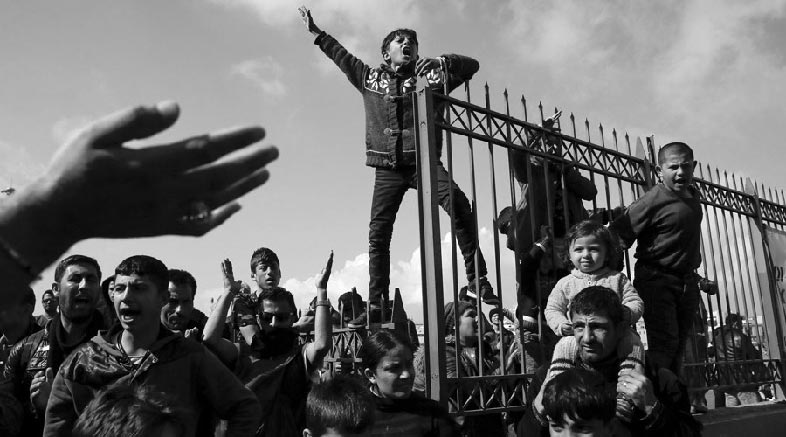
Part 1
By Lieutenant Colonel Oswald Stein, British Army
This is the first in a series of two articles on this subject. The second article of this series appeared in the November 1953 issue. This part deals with the laying out details before the planning phase.
Published in the February 1953 Edition of Military Review, p 82.
Download the PDF 
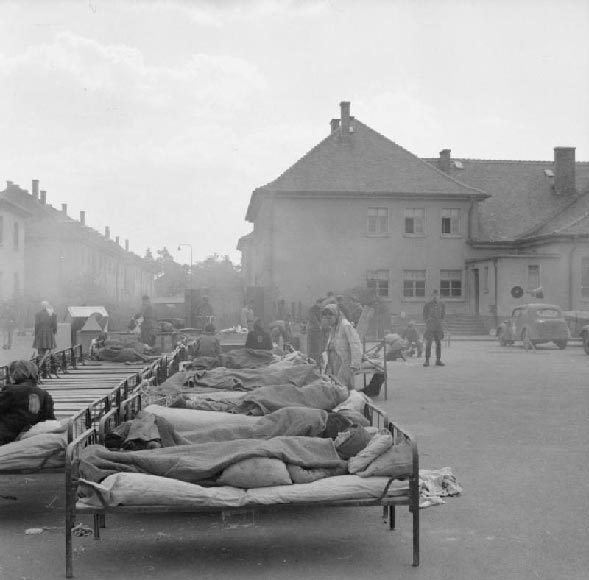
By Lieutenant Colonel Erland A. Tillman, Corps of Engineers
During combat operations, the control of civilians and refugees is of great concern to the commanders of field combat units. These civilians and refugees cannot be allowed to wander freely, interfering with military operations; constituting a means of cover for enemy personnel, and providirig a constant threat of epidemic disease.
Published in the November 1952 Edition of Military Review, p 43.
Download the PDF 
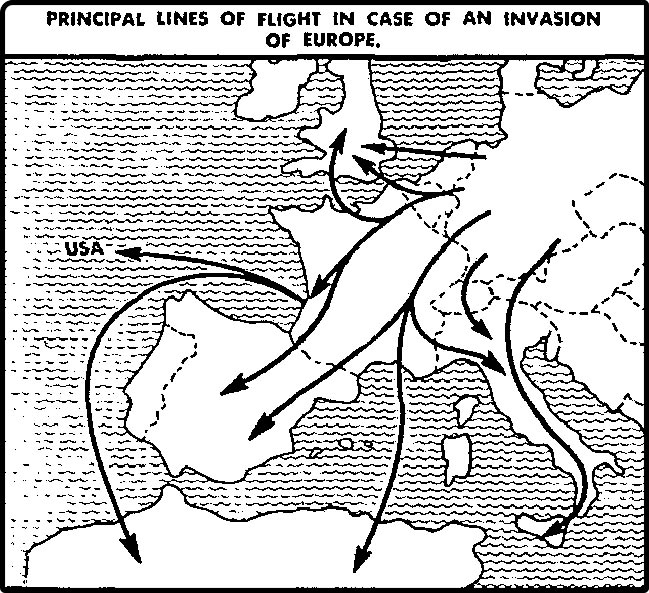
By Lieutenant Colonel F. 0. Miksche
Professor of General Tactics, Staff College, Portuguese Army
In each theater of war, there should be constituted, in advance, a special central organization to deal specifically with this refugee problem, at the head of which would be a central headquarters.
Published in the October 1951 Edition of Military Review, p 27.
Download the PDF 
External Links Disclaimer
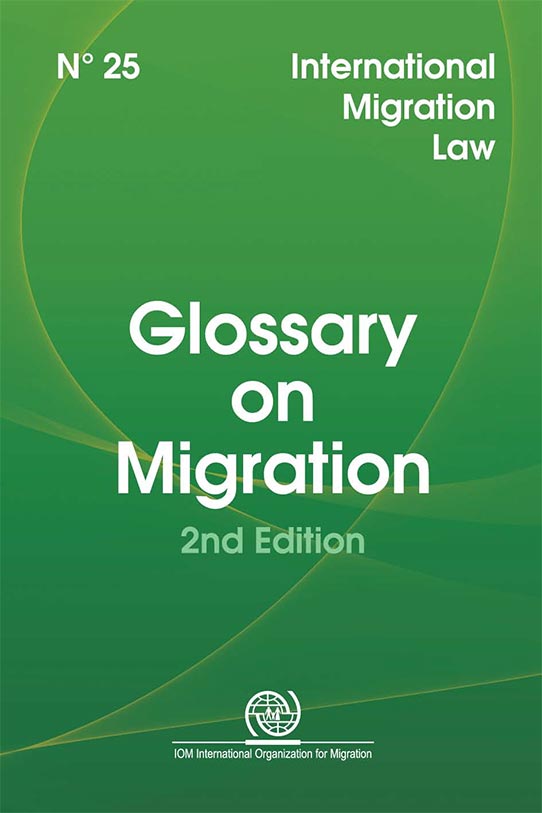
2nd Edition
By Richard Perruchoud
Jillyanne Redpath-Cross, eds.
The inaugural edition of the IOM Glossary on Migration has been widely disseminated since its publication in English in 2004 and it has now been translated into Russian, Tajik, Arabic, Spanish, Slovenian, French, Albanian, Bosnian, Chinese, Turkish, Greek, Portuguese, Italian and Macedonian.
Published: International Organization for Migration (IOM), 2011
Download the PDF 
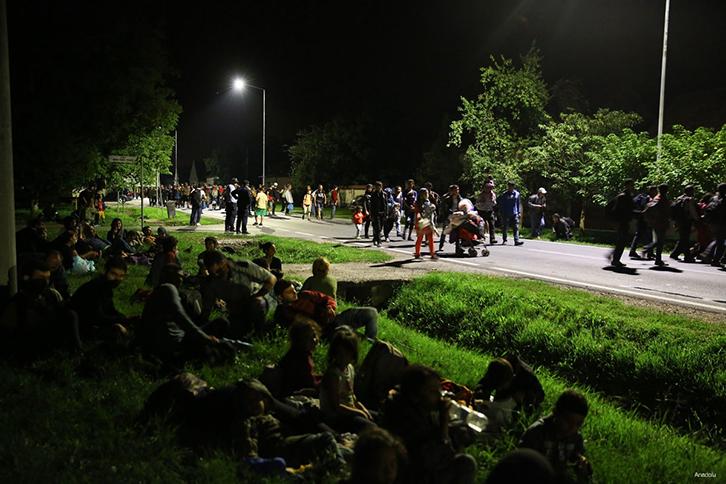
Military Force and Mass Migration in Europe
By Matthew N. Metzel and John M. Lorenzen
This article provides historical background for policymakers facing the complex international concern of mass migration. By examining prior American interventions and identifying existing policies that support military responses, planners can begin to develop effective solutions for the current crisis.
Published by Parameters, 1 February 2018.
Download the PDF 
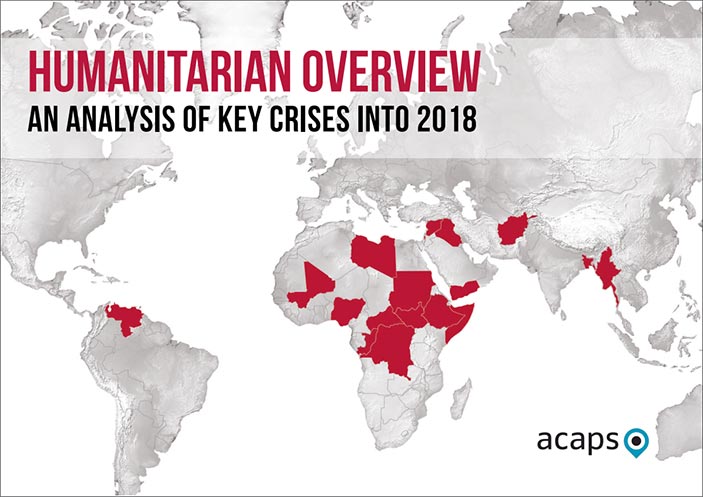
An Analysis of Key Crises into 2018
By ACAPSs
The Humanitarian Overview: An analysis of key crises into 2018 ocuses primarily on the crises that are expected to deteriorate in the coming year and outlines the likely corresponding humanitarian needs.
Published by ACAPS, 30 November 2017
Download the PDF 

By Al Jazeera and news agencies
More than 400,000 majority-Muslim Rohingya have fled Myanmar into Bangladesh, the United Nations says as Bangladeshi leader heads to the US to seek global help coping with the crisis.
Published omline Al Jazeera, 16 Sept 2017
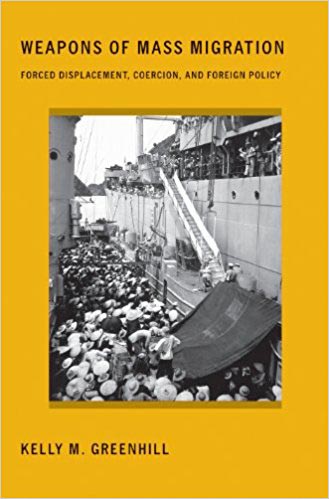
Forced Displacement as an Instrument of Coercion; Strategic Insights
By Dr. Kelly M. Greenhill
Coercion is generally understood to refer to the practice of inducing or preventing changes in political behavior through the use of threats, intimidation, or some other form of pressure—most commonly, military force. This article focuses on a very particular nonmilitary method of applying coercive pressure—the use of migration and refugee crises as instruments of persuasion. Conventional wisdom suggests this kind of coercion is rare at best. Traditional international relations theory avers that it should rarely succeed.
Published in Strategic Insights, v. 9, issue 1 (Spring-Summer 2010)
Download the PDF 